Diagnosis Made Easier: Principles and Techniques for Mental Health Clinicians
.jpg)

Title Details
3rd Ed.
Copyright © 2024 The Guilford Press
James Morrison, MD
ISBN-13: 978-1-4625-5341-9
eISBN-13: 978-1-4625-5344-0
Psychiatry, Diagnosis, Nursing, Social Work
Additional Details
The third edition of this incisive practitioner resource and course text—updated for the DSM-5 Text Revision (DSM-5-TR)—takes the reader step by step through diagnostic decision making in mental health. Guidelines are presented for evaluating information from multiple sources, constructing a wide-ranging differential diagnosis, creating a safety hierarchy, and using decision trees to derive a valid working diagnosis. The book addresses specific issues in diagnosing the conditions most often seen in mental health practice, with an emphasis on how diagnosis informs effective treatment. More than 100 vivid vignettes illustrate the diagnostic process and allow readers to practice their skills.
New to This Edition
- • Revised throughout for DSM-5-TR, including the new diagnosis of prolonged grief disorder.
- • Chapter on eating and sleeping disorders, including new decision trees.
- • New and updated vignettes and suggested readings.
This book would be appropriate for students and those in early postgraduate training, as the basis for a course on diagnostics, or as a reference honing the skills of experienced clinicians and established practitioners. It has been revised for the DSM-5 TR.
Doody's Review
"Morrison lays out the principles of the diagnostic process and their application to common clinical challenges, such as concurrent psychiatric and general medical comorbidities. Extraordinarily useful chapters engage the reader in the application of diagnostic principles and building blocks to a wide range of discerningly presented clinical cases. Now more than ever, as health care systems inappropriately substitute symptom checklists for actual diagnoses, the risk of errors is substantial. Mental health professionals must understand and apply diagnostic processes to recognize when a revised diagnosis or second opinion is called for. This is the best book I have ever seen that addresses this critical need. Please buy and use this third edition--we owe it to ourselves and our patients to get it right."
-- A. John Rush, MD, ABPN, Duke Medical School; National University of Singapore (Emeritus)
"The third edition of Diagnosis Made Easier retains everything that has made this book such a trusted resource, while incorporating comprehensive updates for DSM-5-TR. This book discusses core principles of diagnosis as well as how to apply these principles across a wide range of problems. Morrison combines clear writing, cutting-edge content, and abundant illustrative examples drawn from clinical practice and popular culture."
-- Martin M. Antony, PhD, ABPP, Department of Psychology, Toronto Metropolitan University, Canada
"An intuitive and indispensable resource. With clarity and precision, Morrison uses vignettes and practical examples to elucidate the complexities of psychiatric diagnosis. Beyond the technical aspects of diagnosis, the book emphasizes the significance of compassionate care, effective communication, and collaborative decision making. Leveraging his wealth of clinical expertise and meticulous approach to diagnosis, Morrison establishes this third edition as an essential guide for health care professionals."
-- David H. Klemanski, PsyD, MPH, Department of Psychiatry, Yale University
"This book presents the art of diagnosis in a logical framework, and has been updated for DSM-5-TR. Morrison presents multiple case examples and uses flow charts to lead clinicians to the appropriate diagnosis or diagnoses, so they can formulate effective treatment plans. I particularly enjoyed the scholarly and historical tidbits that are liberally sprinkled throughout the chapters. I recommend this wonderful, clearly written guide to trainees in mental health fields, as well as established practitioners."
-- David L. Dunner, MD, FACPsych, Director, Center for Anxiety and Depression, Mercer Island, Washington
Table of Contents
Similar Resources

The Power of A Digital Library
TDS Health titles provide the latest healthcare information in a customizable and convenient format. STAT!Ref goes where you go, accessible by desktop, laptop, wireless or web-enabled mobile devices. Harness the power of learning in you hands.






















































